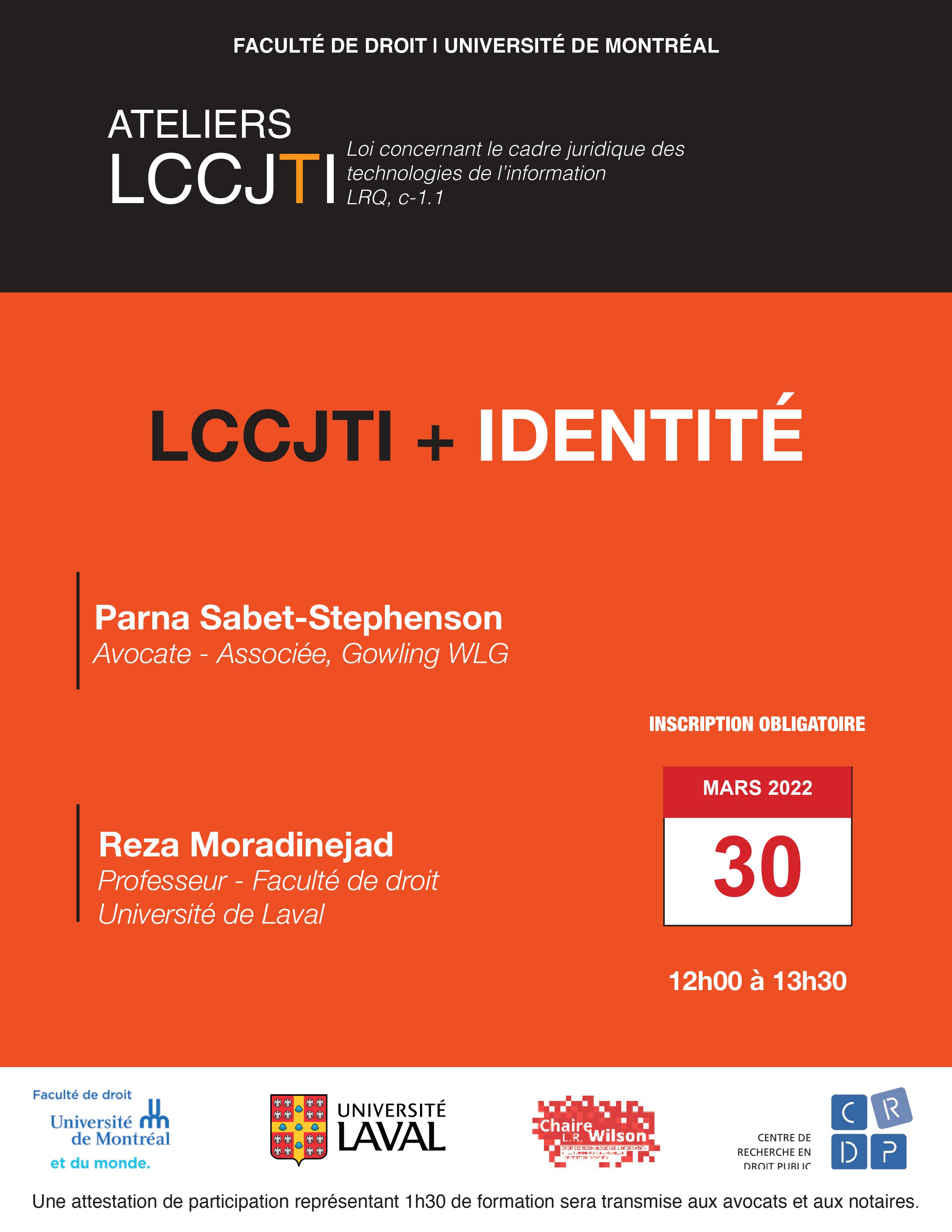Several interfaces between dispute resolution and technology exist, from technology-enhanced trials with VC and case management systems to automated procedures and ODR, both public and private. When the environment of dispute resolution changes, we need to ask whether due process can still be evaluated under the same criteria as earlier or does it, too, change? In order to answer this, we need to dig further, to the underlying objectives of dispute resolution. For centuries, the interests of the state have been preserved in conflict management through the adoption of a state monopoly for dispute resolution as the descriptive and constitutive concept which bases the justification of use of coercive force on sovereignty, on democracy. Similarly, private autonomy and freedom of contract are engaged to justify dispute resolution outside the courts, a practice coexisting along the state monopoly. Also, a shift towards access to justice as a source of justification can be found. The emergence of technology, increase of cross-border ecommerce cases, and the possibility for internal enforcement mechanisms of ODR bring into question the utility of these justificatory structures. Depending on these issues concrete questions arise: which models of dispute resolution do we accept, who makes this decision, on which mandate, and more importantly, what should be the future of dispute resolution?














